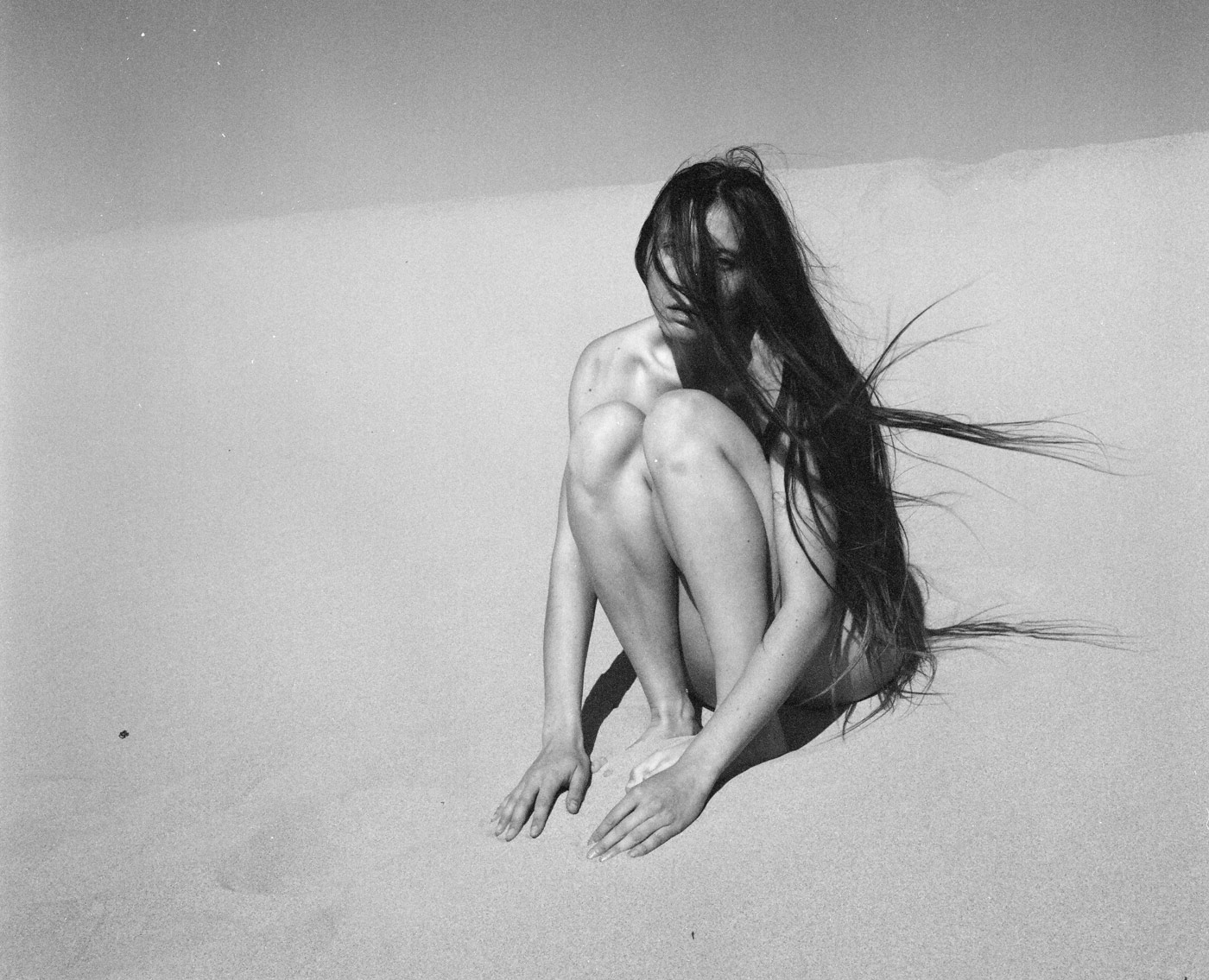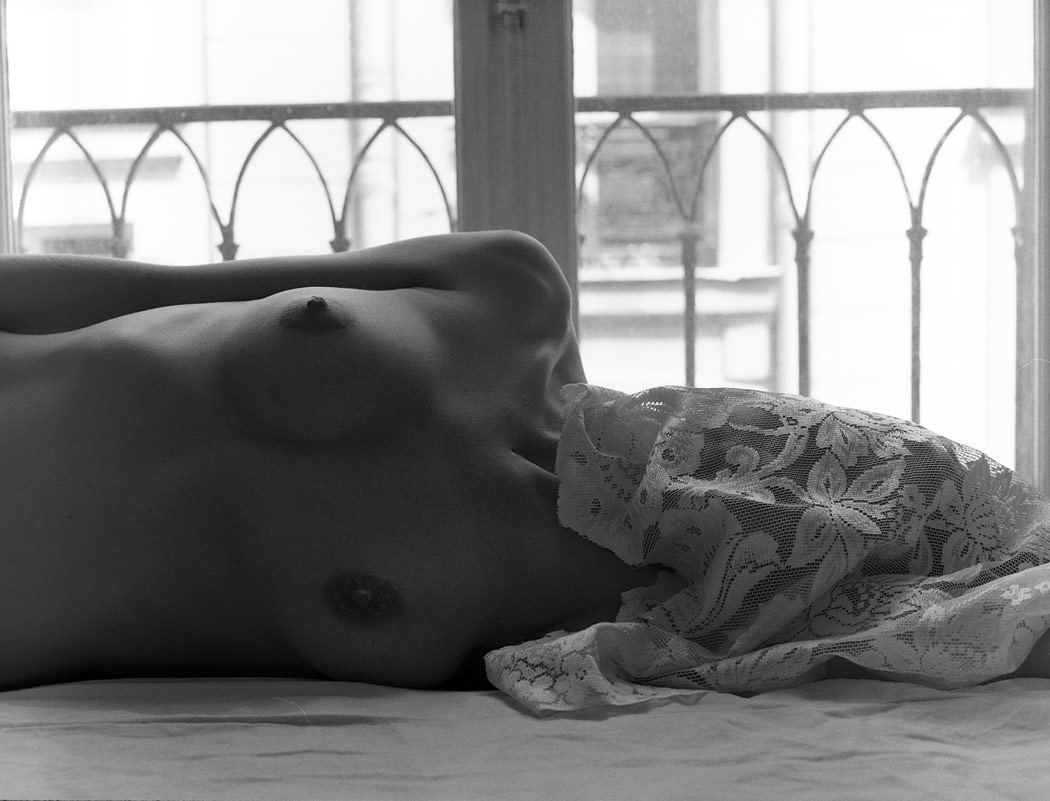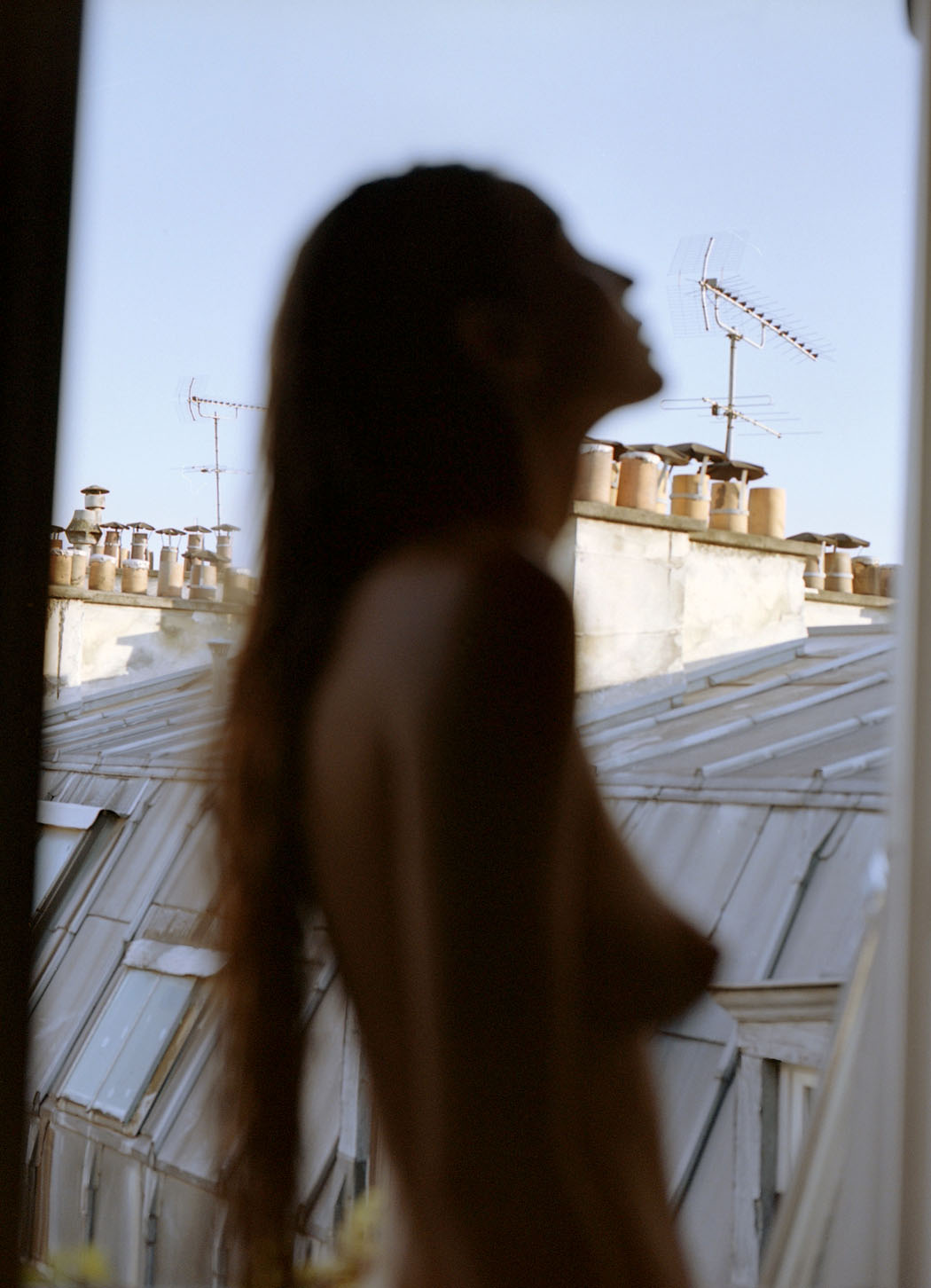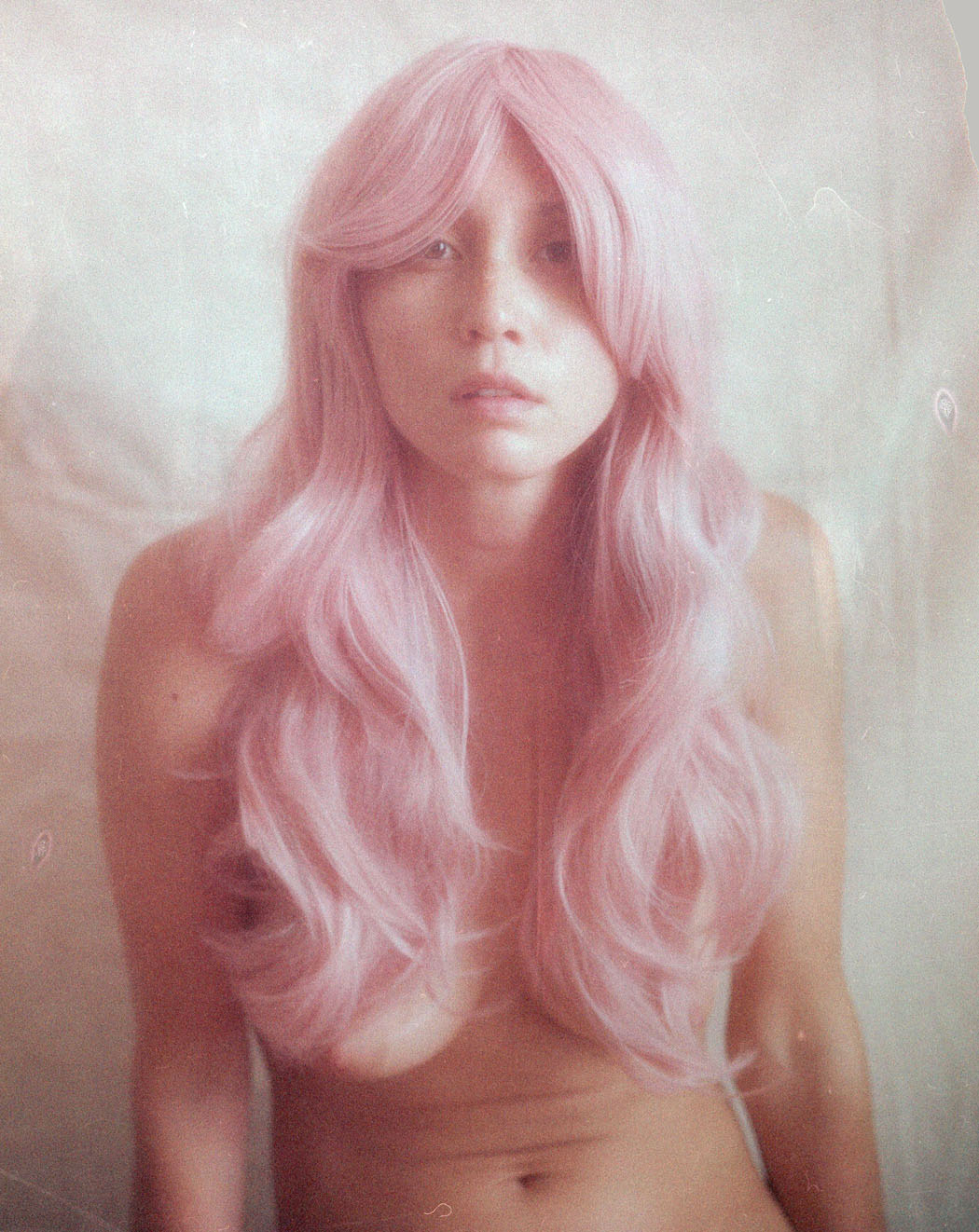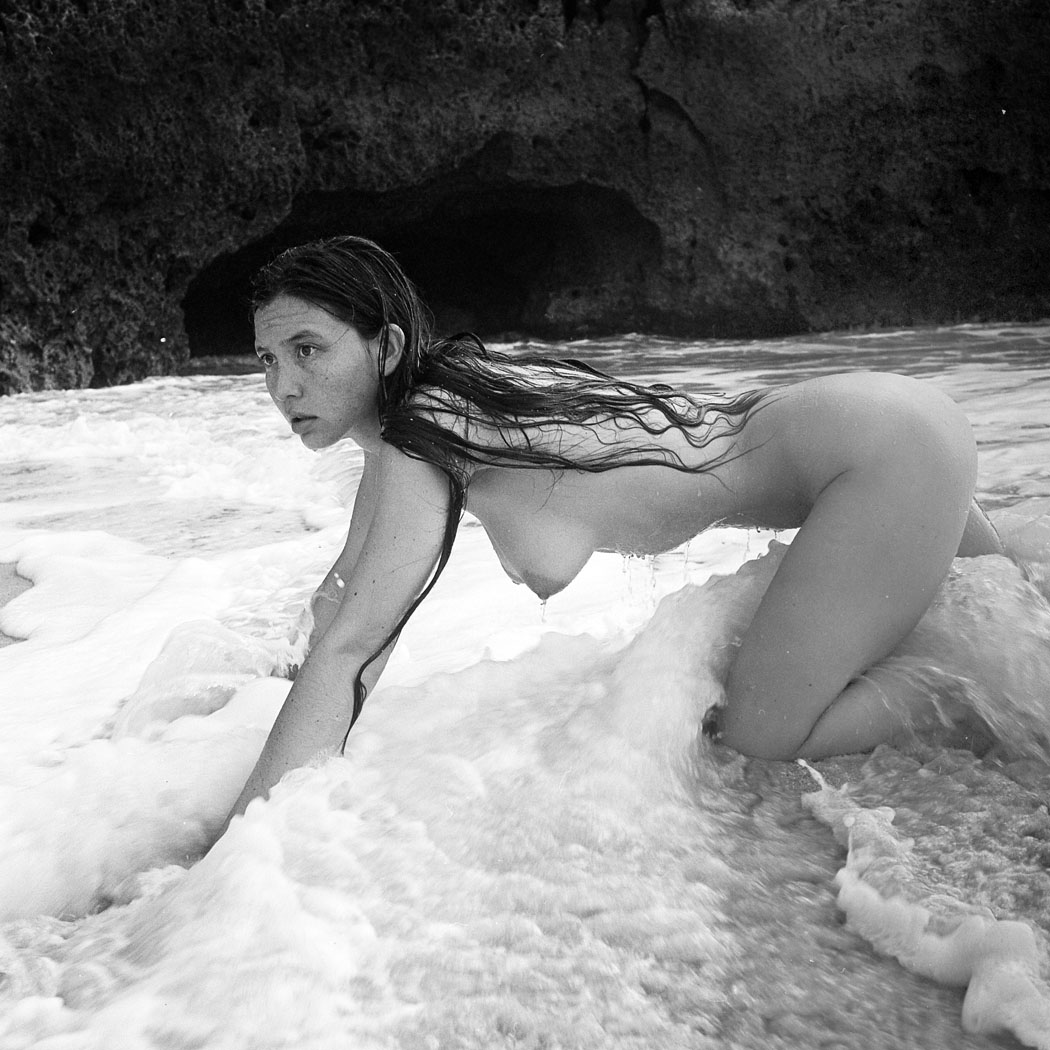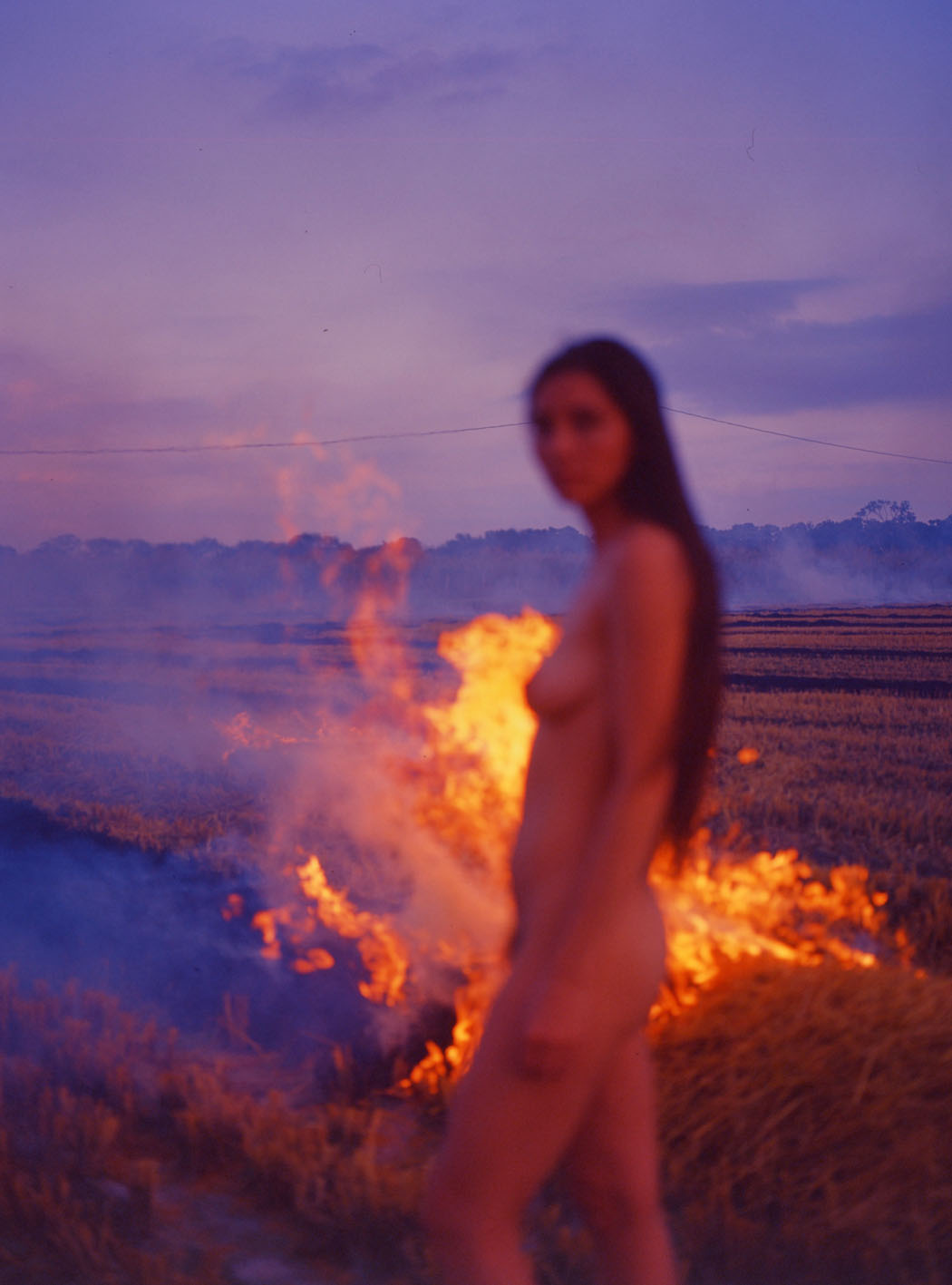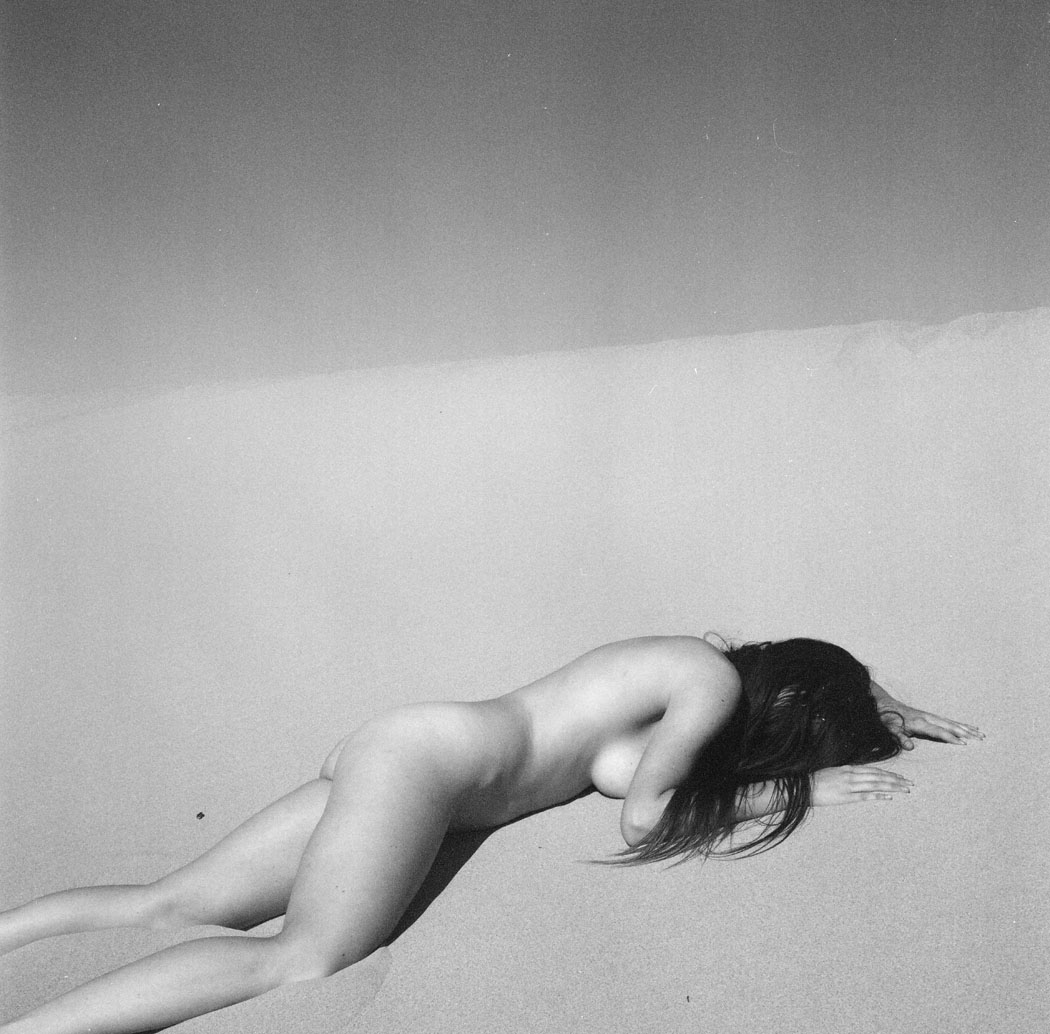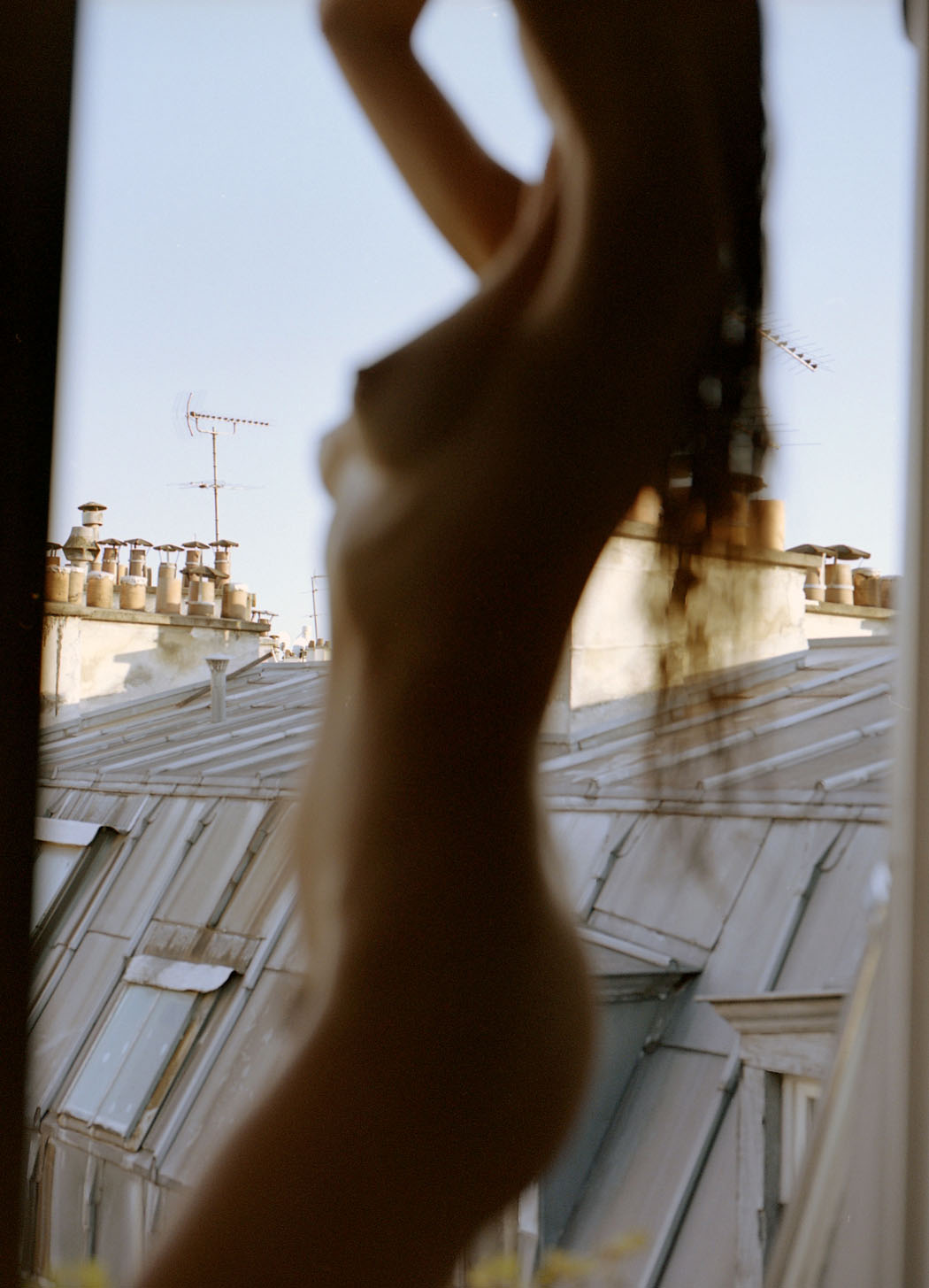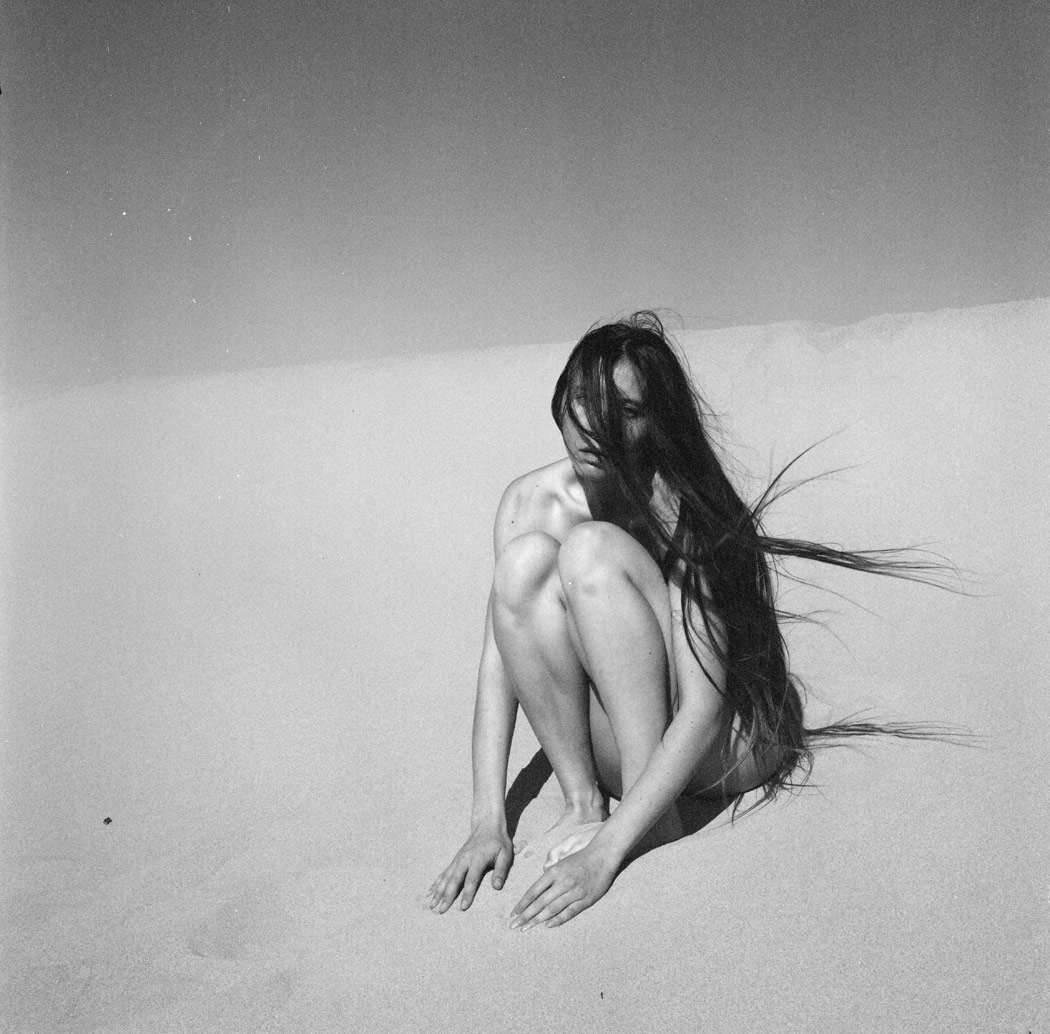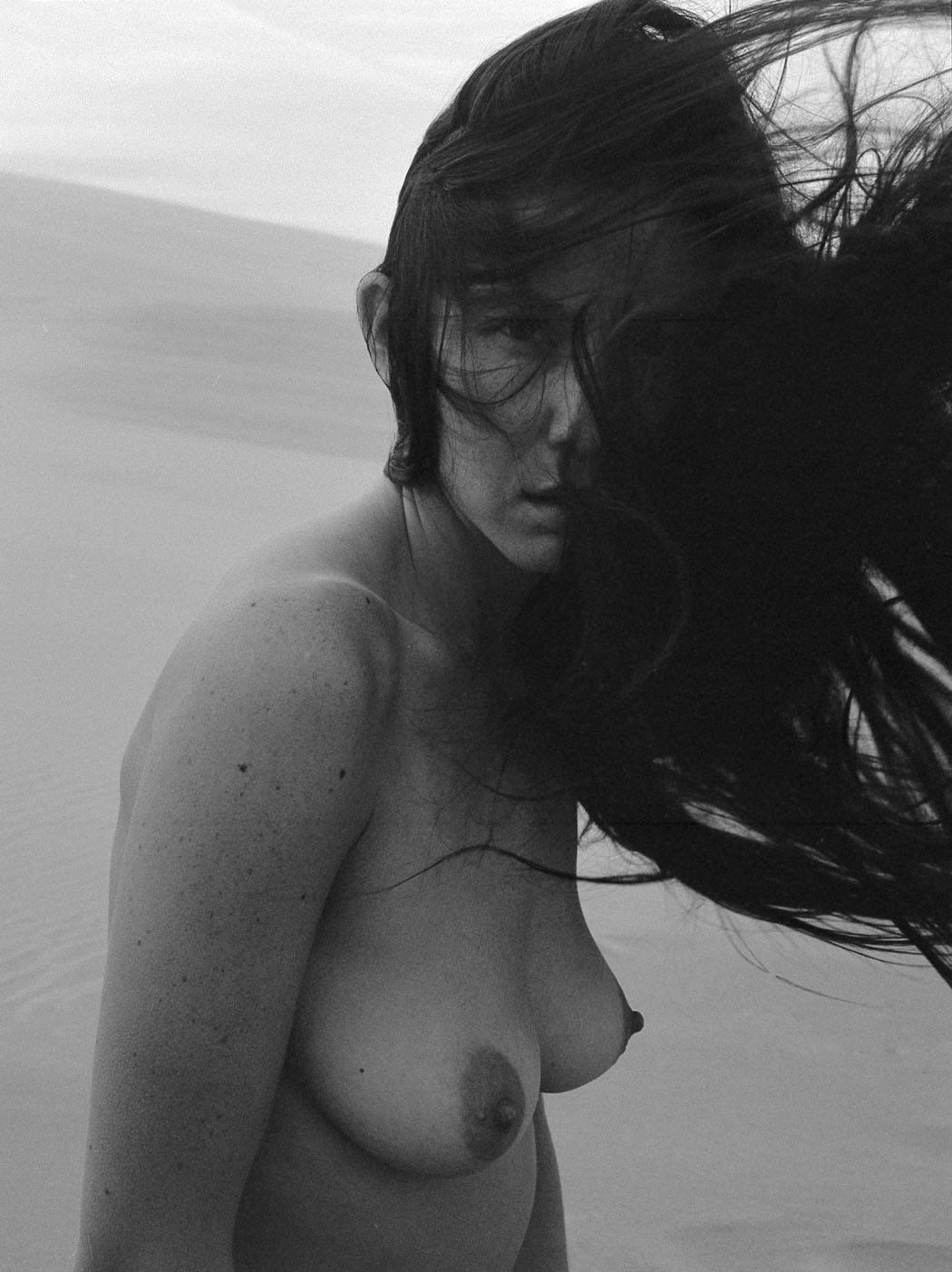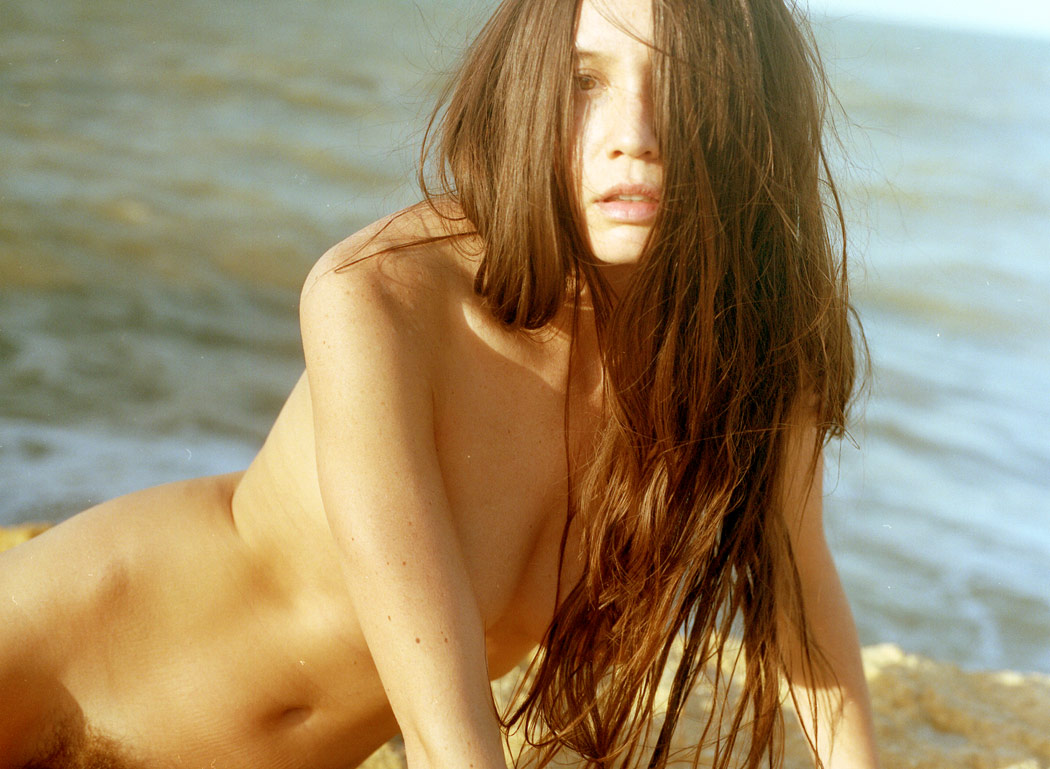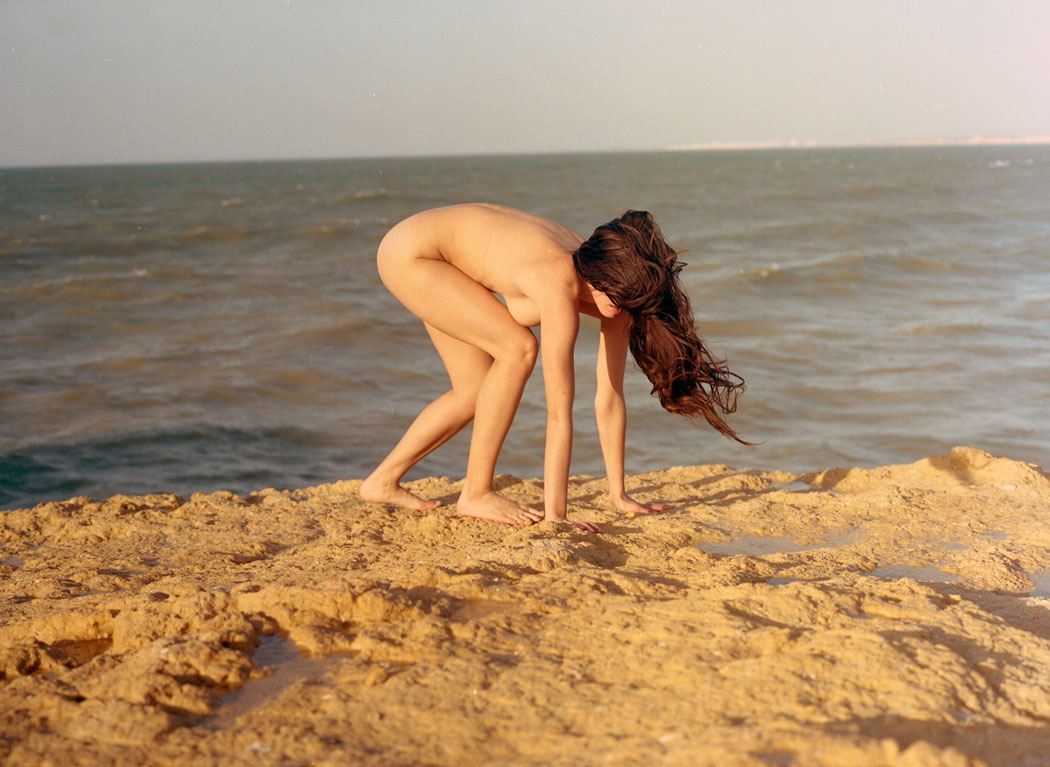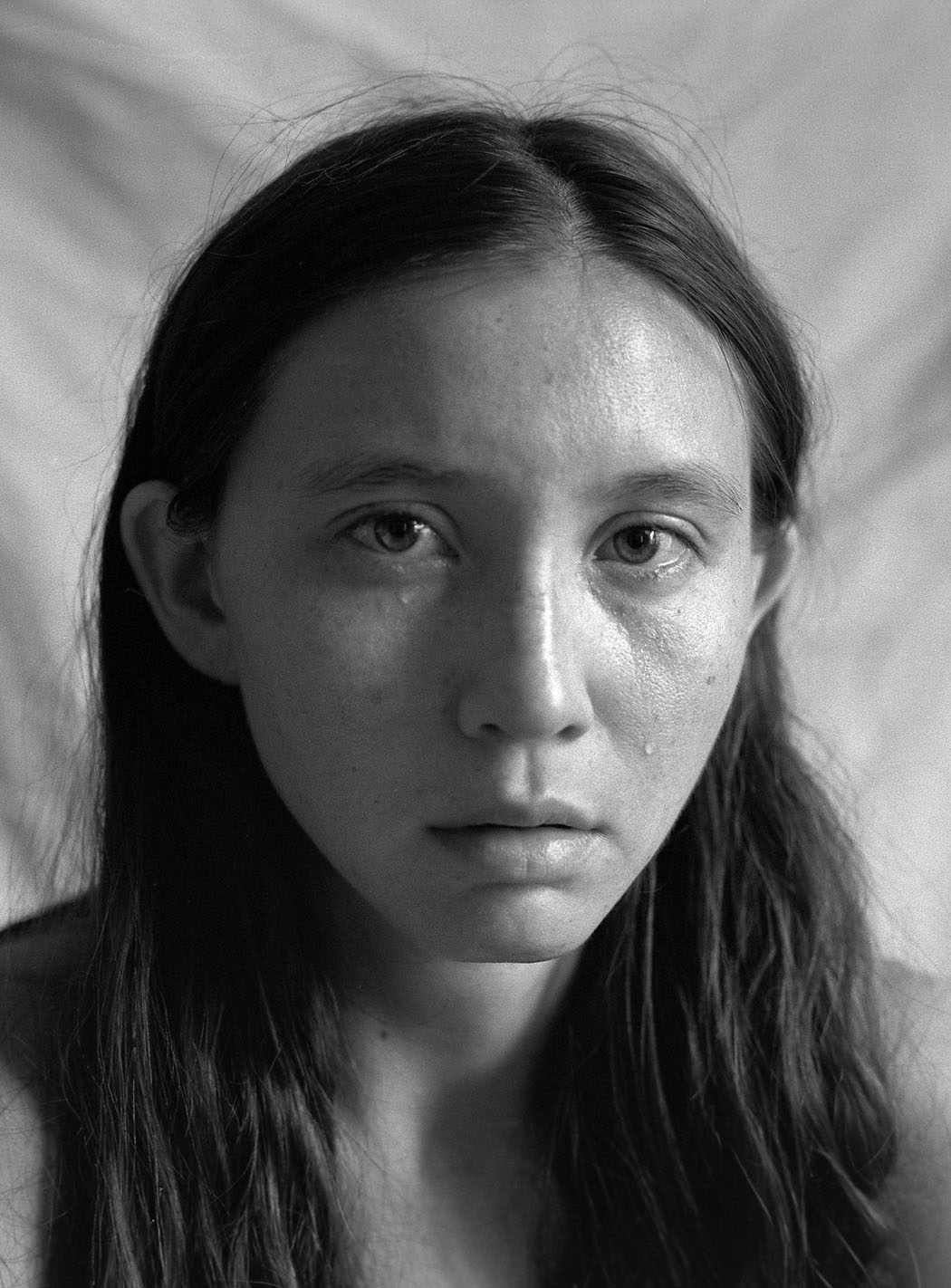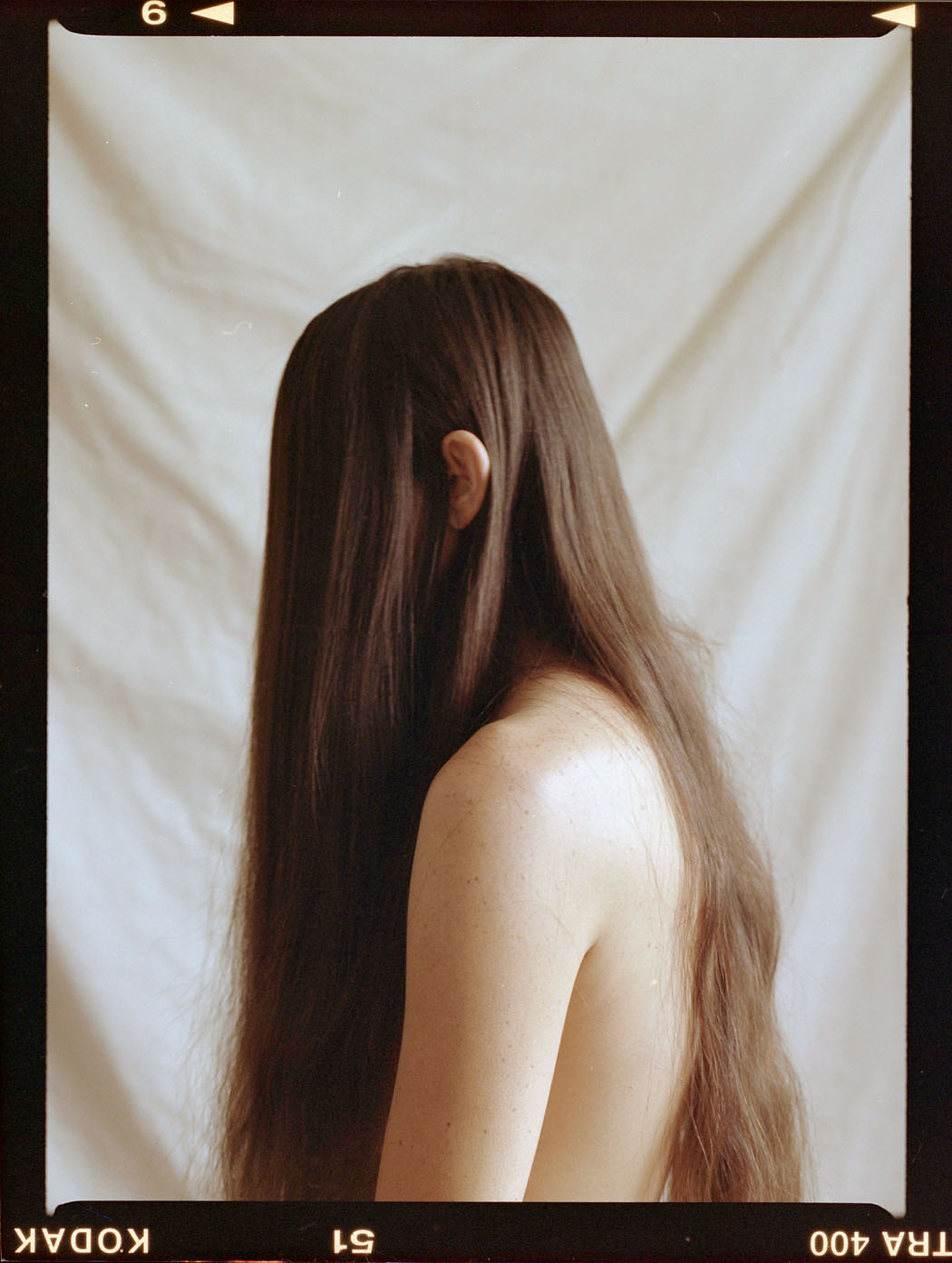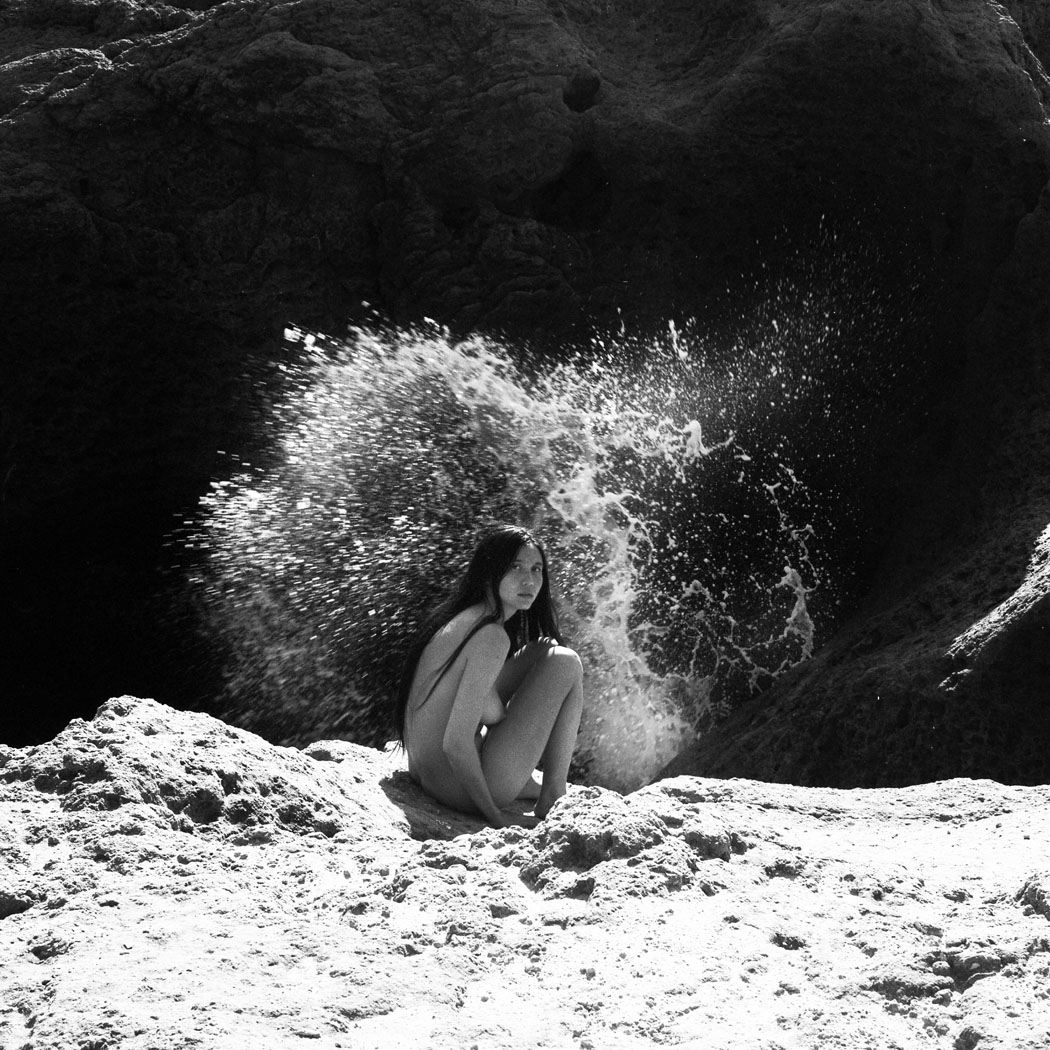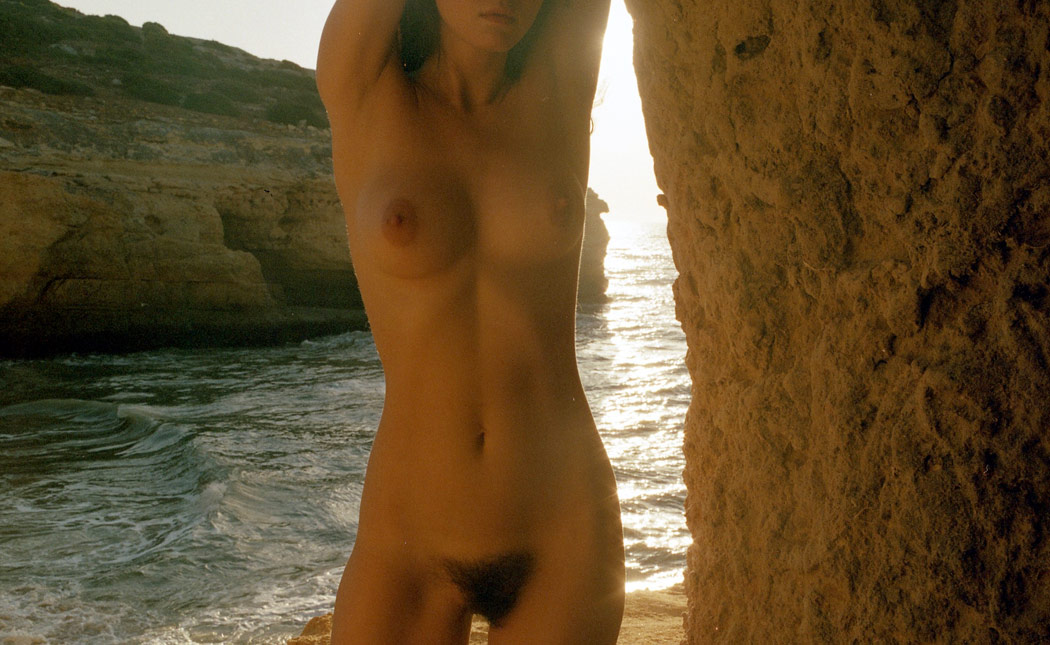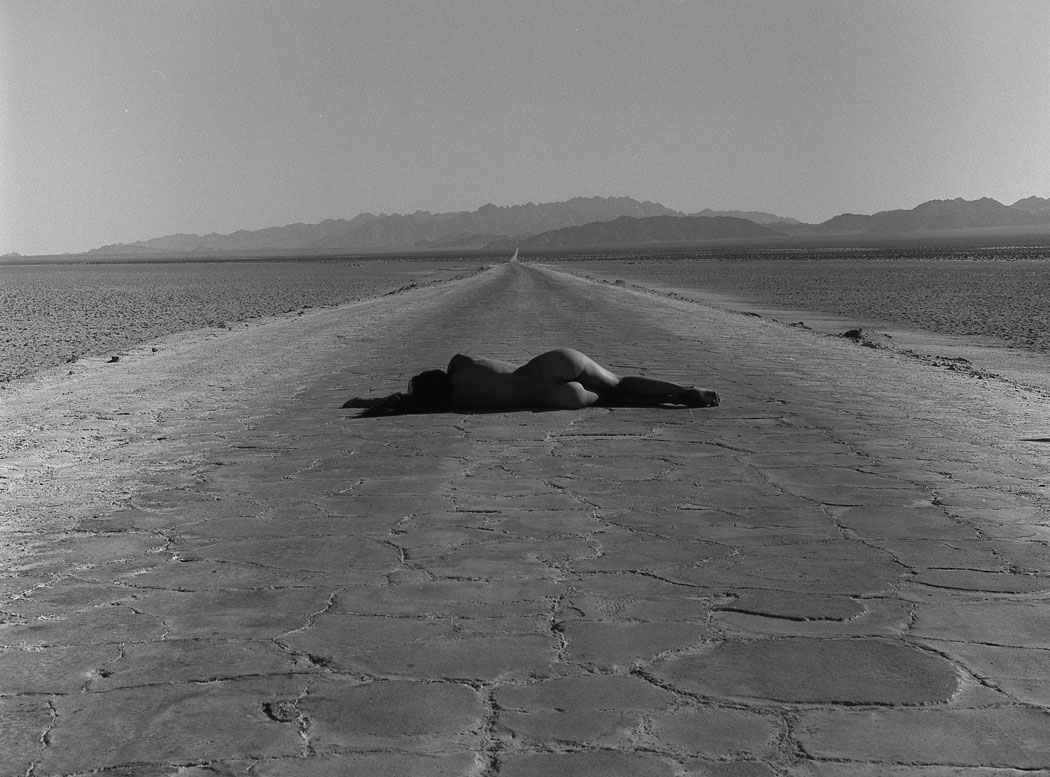Kimbra Audrey is a photographer based in Paris that shoots all her photos on film and shows us her very personal and unique perspective of the whimsical feminine figure. Kimbra studied black and white film photography in high school and instantly fell in love with the medium. From natural shapes that the body creates to the true essence of nature – one can truly get bewildered with the energy of her self-portrait photos.
It’s not always the perfect smile that makes the best images. That’s why, we got absorbed into Kimbra’s honest work that in it’s core captures real emotion and genuine existence.
Photography can open up a new world of expression. It’s almost like entering a sacred alternate reality where you can express yourself as you want. It’s a pause in painful experiences and emotions, and also a way to heal and connect with yourself. Kimbra beautifully depicts that with her own story. Each photograph consumes you with her intimate narrative and composition.
Interview by Eva Davidova
What inspires your photography?
More than anything, my life experiences and the relationships I’ve had or currently have inspire my work. I have struggled with depression my entire life, and my self-portraiture has been instrumental in combating it. The challenge of being able to articulate my emotions through photography has also been inspiring. All of my work is a part of myself I am capturing and a part of my own history.
How would you describe the female form?
I find this question difficult, it’s too broad because every woman is unique and the female form is incredibly complex. It can be gentle, but also harsh; soft and hard; soft and rough, it’s not just one thing. The female form is always evolving, my own body is extremely different from what it was ten years ago, and what it will be in ten years.
Who influenced you the most? Is there any other photographer that inspires you?
I don’t draw inspiration from other photographers. My life experiences and relationships have influenced me more than any photographer. I certainly appreciate other photographers work and have many close friends who are photographers but it doesn’t influence my self-portraiture.
What was your first camera? How did you start with photography?
My first camera was a Canon AE-1 and I studied black and white film photography in high school. I was lucky enough to learn how to develop and print black and white in school on 35mm. However, I don’t shoot 35mm anymore, I shoot almost exclusively 120mm and polaroid, both were self-taught and I develop color film which I also learned by myself.
“My work is very selfish and solitary, all the work I make is for myself, and if someone can feel something from one of my images that is merely a bonus, it’s not the intention.”
What do you want the viewer to take out of your images?
I mean, to be honest I really don’t care what people think when they see my images because it’s not about them or for them. My work is very selfish and solitary, all the work I make is for myself, and if someone can feel something from one of my images that is merely a bonus, it’s not the intention.
Any favorite spot you like to currently shoot at?
My house. I probably shoot here the most, and because I built my own dark room, I have the luxury of developing and printing a roll immediately after I shoot it. For me, it’s extremely important to have a work space I also live in – it’s my sanctuary. Some days I do not leave my house at all. Privacy is also a huge factor about where I choose to shoot and I don’t have to worry about that in my house.
Where are you based right now?…and what are your favorite hideouts in your city?
I live in Paris. I mean…my favorite hideout is my apartment and living alone is extremely important to me. I hide in my house all the time. Outside of that, I really like the Abbey bookstore, I love reading and it’s my favorite bookstore here, I spend a lot of time there.
“All of my work is a part of myself I am capturing and a part of my own history.”
What does the word “lightness” mean to you?
Airy. To have little weight, something that is not heavy. To be gentle or delicate. Something that is not erious, and lacking in depth.
What does the word “feminine” mean to you?
The art of being a woman, not masculine. This is also a complex word, because there are so many different aspects to being a female. Feminine encompassing all the behaviors and attributes associated with womanhood, which are unique to each and every woman.
Is there a song you can’t stop listening to right now…?
Bisexual by GRLwood.
@KimbraAudrey
kimbraaudreyphoto.com

